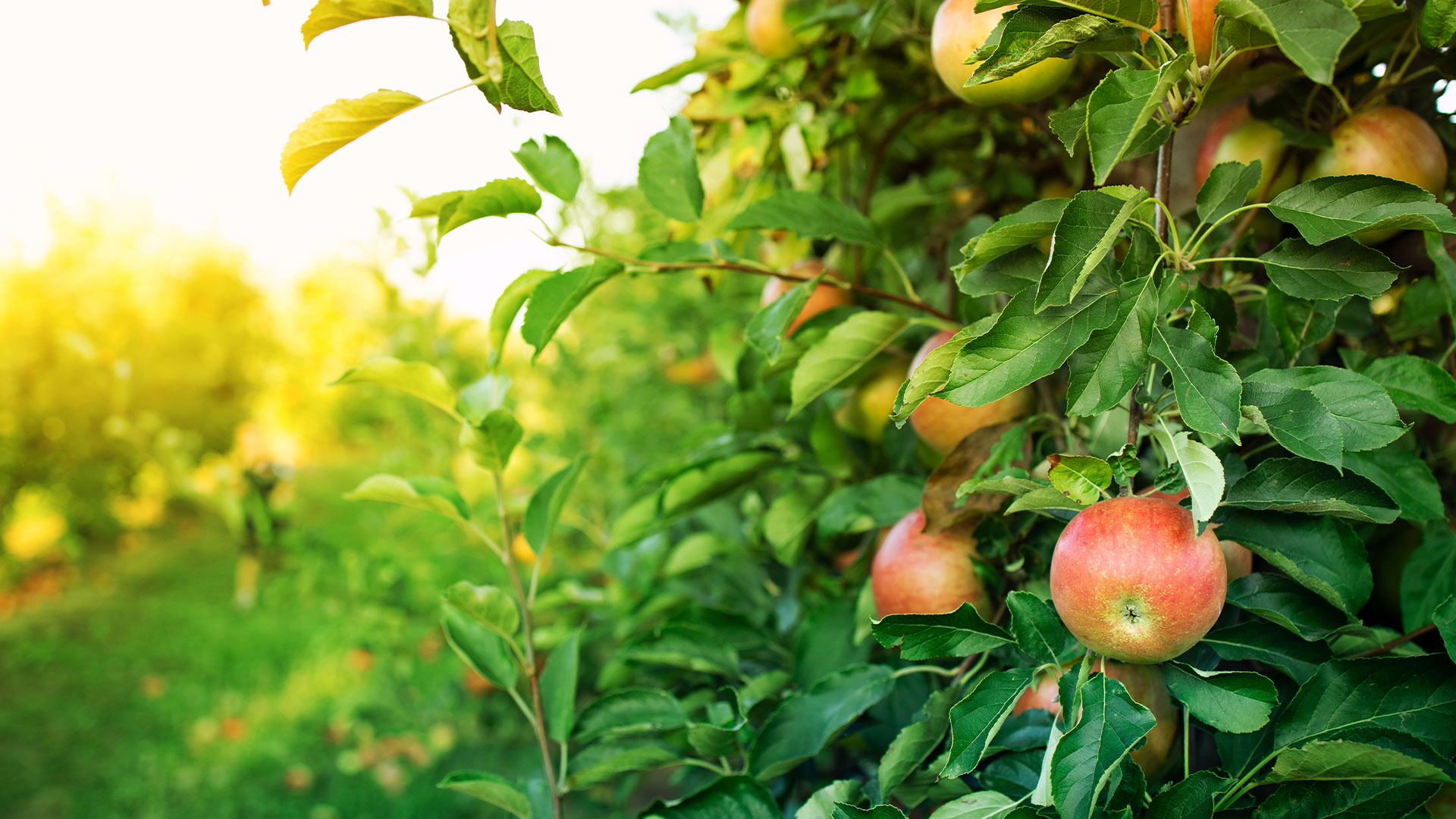ProTerra and tree crops in sustainable agriculture

Sustainability seems to be a key issue for a variety of consumers when they make their purchase decisions. Some current trends include “shopping for brands with environmentally sustainable values” and appraising ethical behaviours in the items and services they purchase.[1]
The ProTerra Foundation is committed to giving the agriculture and food businesses the tools they need to enhance their environmental performance, among many activities, contributing to improving the sustainability of the soy[2] and sugarcane[3] supply chains.
It is common sense that fruits and vegetables are necessary for a healthy and balanced diet. Fruit tree crops account for a significant portion of agricultural production worldwide. In 2020, 516.21 million metric tons of bananas, watermelons, apples, grapes, oranges, mangoes, mangosteens and guavas were produced worldwide[4], being China, India and Brazil the leading producers with 388.52 million metric tons of fruits.[5]
We are happy to point out that ProTerra Foundation, as the owner of a global, multi-crop sustainability standard, also offers solutions for tree crops. The same guidelines of the ProTerra Standard[6] are applicable to them, with specific guidance in Appendix D[7], regarding Principle 6 (Pollution and Waste Management) and Principle 9 (Adoption of Good Agricultural Practices).
As minimising the pollution of the environment should be a focal point of sustainable farming practices, Principle 6 strives to assist Certified organisations in employing waste storage, handling, and disposal methods that are safe for the environment and local community. For tree crops, specifically, extra care must be taken regarding the use of recycled or reclaimed water, as a source of irrigation water, which needs to go through a disinfection step before usage. Some additional instructions are also provided regarding the management of biological wastes in order to avoid pollution and prevent these from becoming a source of pathogenic contamination or pest harbourage.
ProTerra Foundation believes that assisting organisations in reducing the use of harmful and polluting items, particularly pesticides, and managing the possible impact of their agricultural activities (Principle 9) will contribute to minimising the environmental impact of agricultural activity. Appendix D provides special guidance on the development of inspection programs for pest control, special care for the orchard and management of fertilizers, agrochemicals and chemical residues.
Good agricultural practices are essential when there is a need to reduce the impact of agricultural activity on the environment, workers, and neighbouring communities. As highlighted by FAO[8]: “Sustainable agriculture must nurture healthy ecosystems and support the sustainable management of land, water and natural resources, while ensuring world food security”.